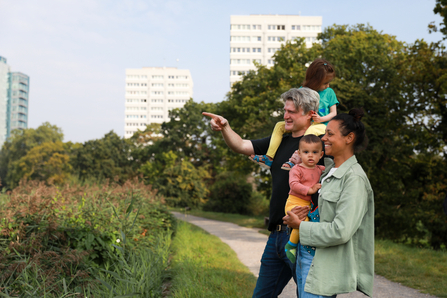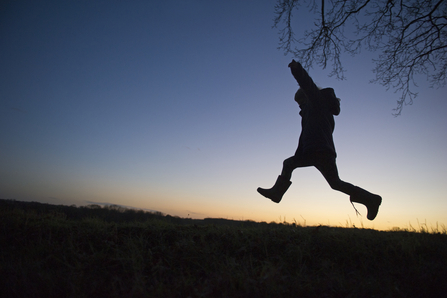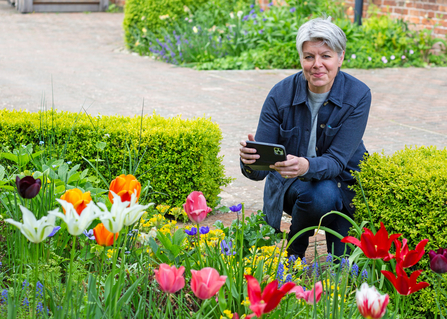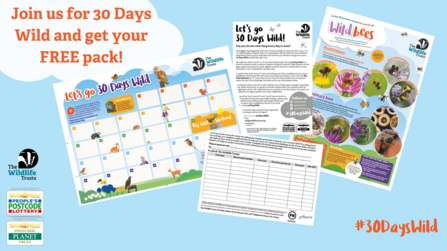When I think of June, two things used to spring to mind: the smell of freshly cut grass and drifts of honeysuckle scent on warm summer thermals swirling along the hedgerows on a dusky evening dog walk.
These days, while we’re discouraging people from cutting their grass too much (to help insects), a third thought comes to mind, it’s 30 Days Wild. June is the month when we human beings are encouraged by The Wildlife Trusts to take extra special notice of our interaction with nature!
Last year, an amazing half a million people took part in The Wildlife Trusts' 30 Days Wild initiative across the UK. We saw more schools, businesses and care homes particularly getting involved. Brilliant.





